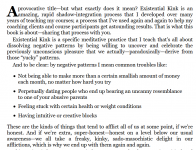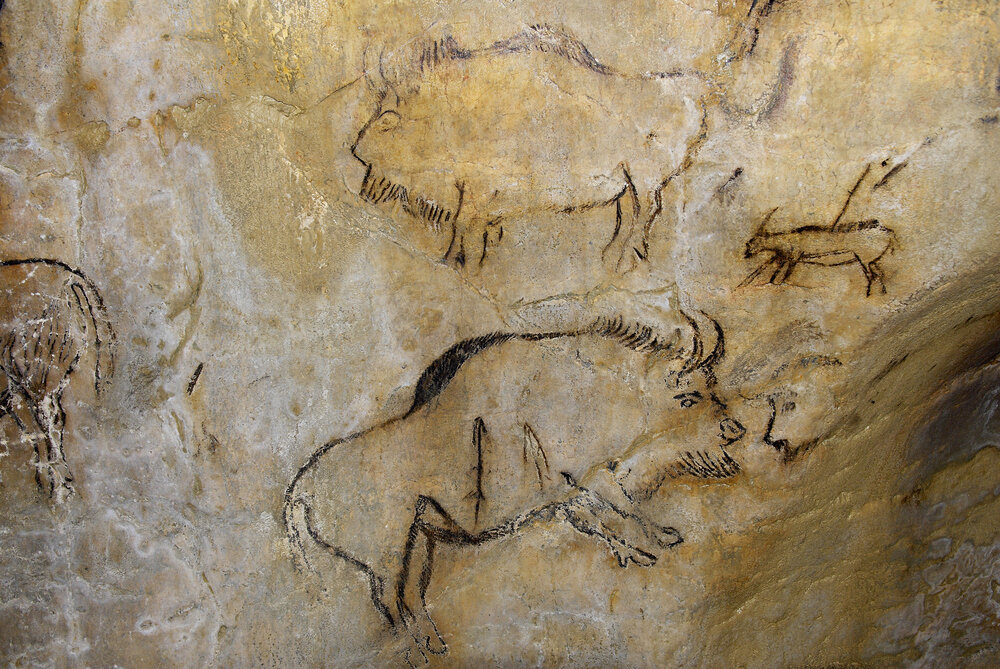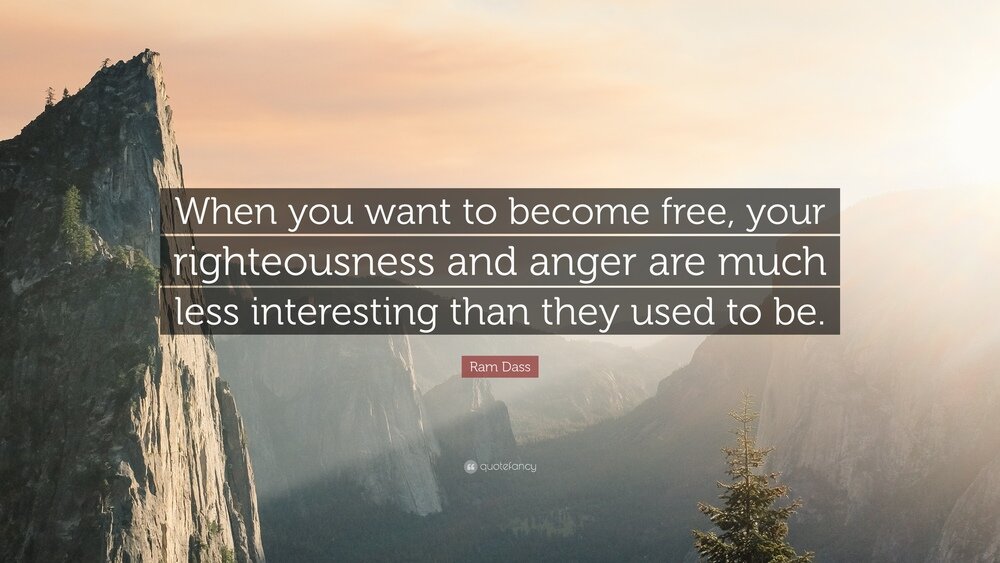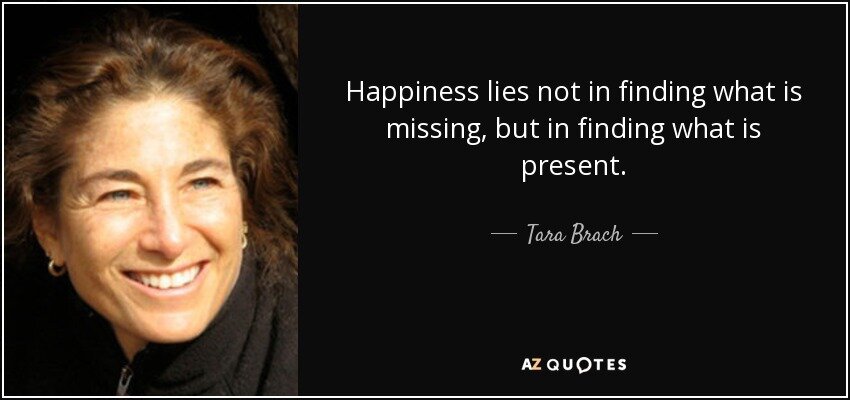Sometimes, questioning and searching for an answer, is just a way to avoid moving on.
The eternal search for the “why”, which can become a way to retreat from the bridge to the other side.
- Barry Brody
The eternal search for the “why”, which can become a way to retreat from the bridge to the other side.
- Barry Brody



:format(jpg):extract_cover()/https%3A%2F%2Fpocket-syndicated-images.s3.amazonaws.com%2Farticles%2F3763%2F1584636932_GettyImages-521366740.jpg)


